How These CEOs are Living a Life of Climb
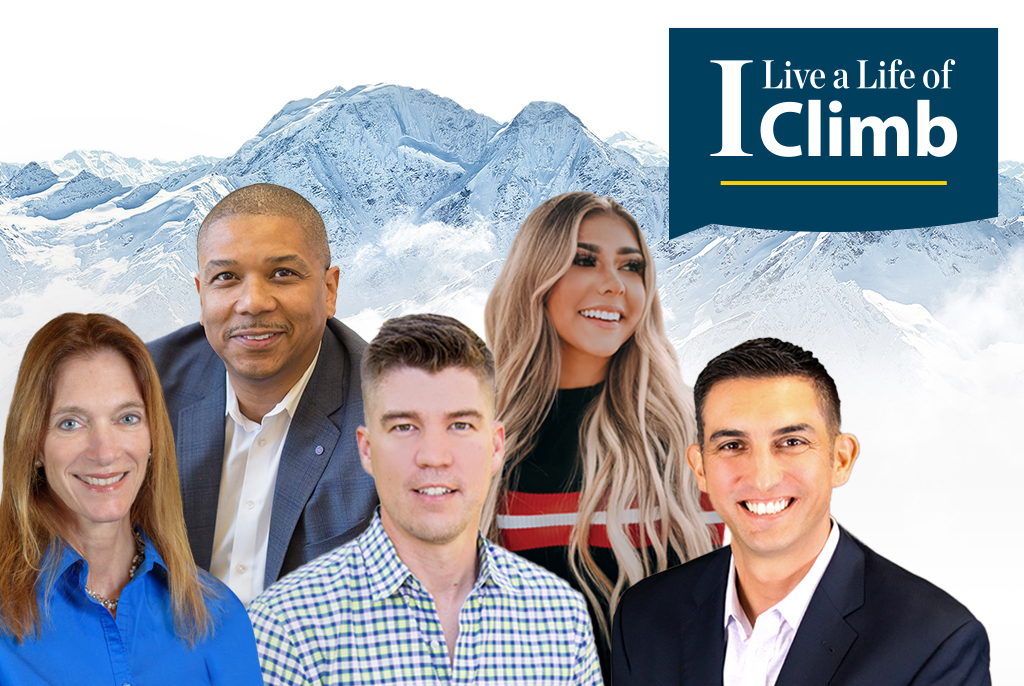
The journey to true leadership isn’t easy. Like climbing Denali, K2 or Everest, it’s the challenge of a lifetime. It’s for those with enough grit and commitment to rise to the occasion every day.
While each CEO’s journey to the summit is their own, they don’t have to do it alone. Through Vistage, they each have a team of peers, a seasoned guide and world-class tools and resources to lean into.
They’re all heroes on their unique leadership journey, lifting everyone around them as they ascend to new peaks.
Jeff Van Pevenage, CEO of Columbia Grain
It can be lonely as a CEO with all of the decisions on you all of the time. But, like tens of thousands of Vistage members around the world, Columbia Grain CEO Jeff Van Pevenage discovered that he didn’t have to go it alone. He joined Vistage in 2020 and became part of a CEO peer advisory group that is facilitated by an executive mentor. Today Van Pevenage has 15 other trusted leaders to lean into as he brings his company to new levels of success. He also has a trusted mentor “who understands me personally and professionally and holds me accountable.” In the last two years, Columbia Grain has grown by almost 200 people and acquired over $300 million in assets. Van Pevenage says, “Vistage has easily been a 10-times earner for us over investment.”
Jessica Meyers, President & Owner of JEM
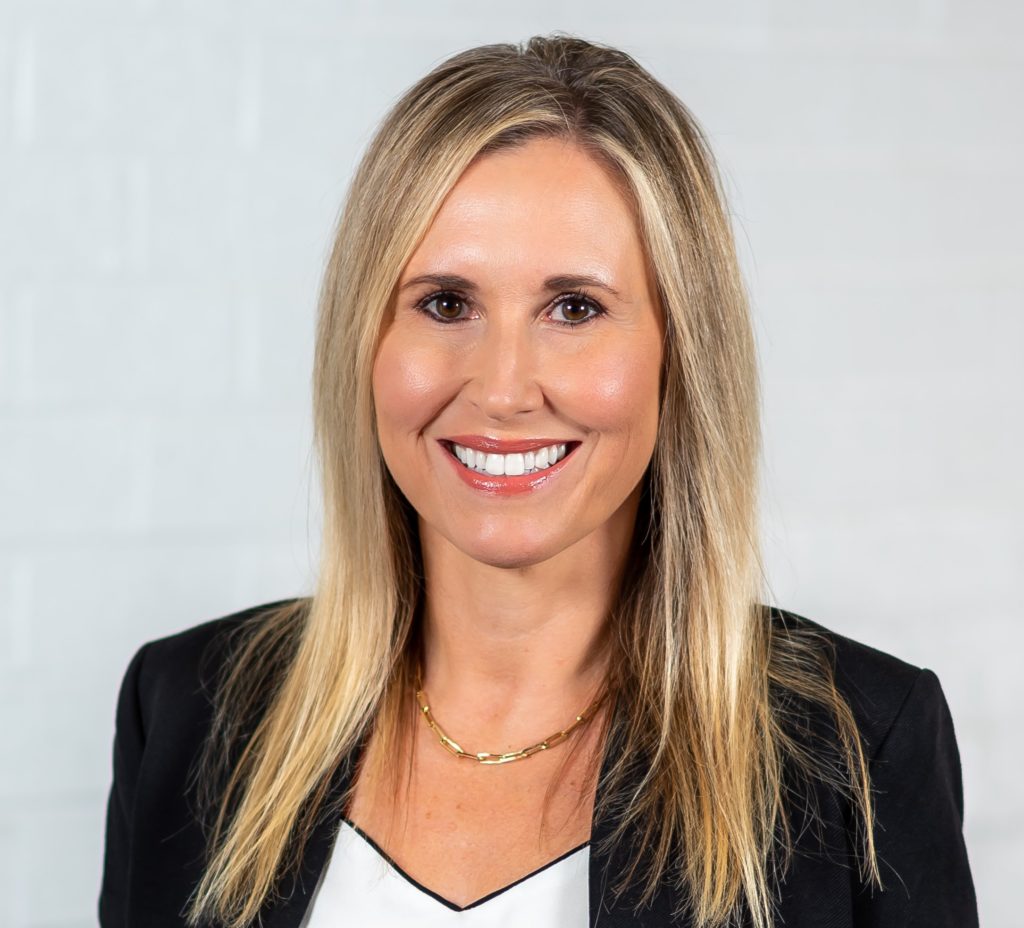
Growing up with a mom who insisted she never shy away from a challenge, Jessica Meyers had a sense of self-assurance that her stepfather noted. That’s why he invited her to join the construction company he founded as soon as she graduated college.
“I was a communications major with no real interest in construction,” Meyers says. “But my stepfather had an absolute passion for it and wanted to share that with me. He sent me out to a job site to work as a project assistant.”
From there, she worked her way up the ranks, building her skills until becoming CEO in 2003. Shortly after, she joined Vistage “to figure out how to grow the business and move it forward.”
Christine Dunbar, President ROC Implementation & Management Group, Inc.
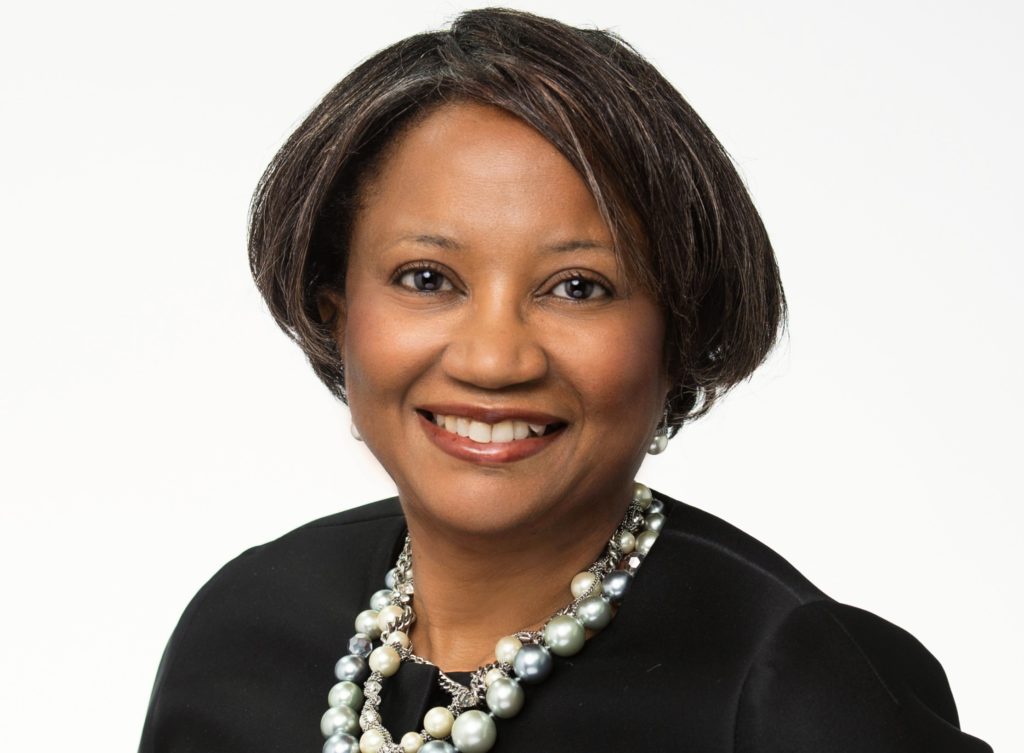
After experiencing the ups and downs of running a small business, Christine Dunbar founded ROC Implementation & Management Group in 2013 — inspired to make a positive impact in the lives of other business leaders.
“We’re focused on strategy, cybersecurity, IT and project management. We listen, facilitate and help clients’ ideas come to life.
“After six years and a major challenge in 2019, I didn’t want to journey alone anymore. I knew that if I was going to take my company to the next level, I needed my own advisors. That’s when I joined Vistage.
Since then, Christine has benefited from every aspect of Vistage membership. “My peers give me unbiased feedback — helping with everything from the mission statement to establishing a healthy work-life balance. My Chair does whiteboard sessions with me, making sure I’m focused on the right targets. I use the online networks to find the perfect subcontractors — and then there’s the research library and podcasts that I get so much value from.
I’ve learned how to delegate, build teams, create a winning culture and use sophisticated dashboards to understand the financials better.
Since 2019, we’ve more than doubled the staff, tripled the revenue and created a solid infrastructure to grow from. I was born to do this work — and I have created a blueprint for the next generation.
Roland Williams, Chairman &CEO of Brown Diamond Holdings
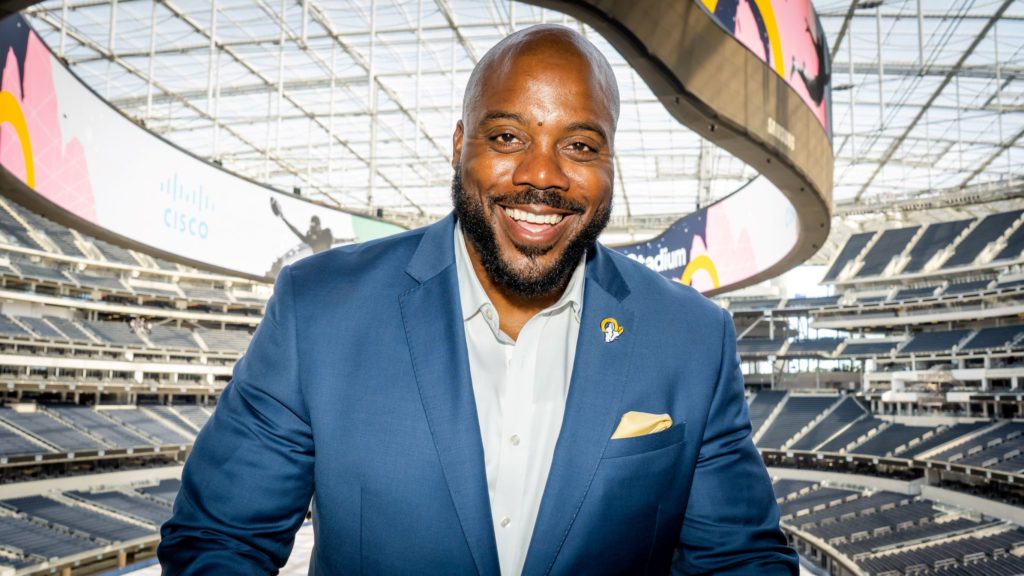
After NFL champion Roland Williams retired in 2006, he set his sights on entrepreneurship— a vocation inspired by his grandmother, a business owner.
“I’ve always enjoyed being a catalyst for change and seeing what happens when passionate individuals come together for the common good. Whether on the football field, serving underserved communities or through entrepreneurship, I’m committed to being a difference maker.”
Today as Chairman and CEO of Brown Diamond Holdings, Williams owns a portfolio of businesses across sectors including manufacturing, marketing, consulting, technology and construction. He’s dedicated to helping clients reduce costs while achieving supplier diversity goals.
“There is an old African proverb that says: “If you want to go fast, go alone. If you want to go far, go together.” I joined a Vistage CEO peer advisory group to go further as an entrepreneur,” says Williams.
“My group is made up of outstanding leaders who run incredible companies and have a high level of trust and respect for each other. They help me gain perspective on more efficient and effective ways to scale my business — and that has been extremely valuable,” he says.
As he did with his NFL career, Williams has ambitious business goals. Today he has plans for triple-digit growth in annual revenue and for making a huge impact through philanthropy.
Katherine McGrady, CEO of Center for Naval Analyses (CNA)
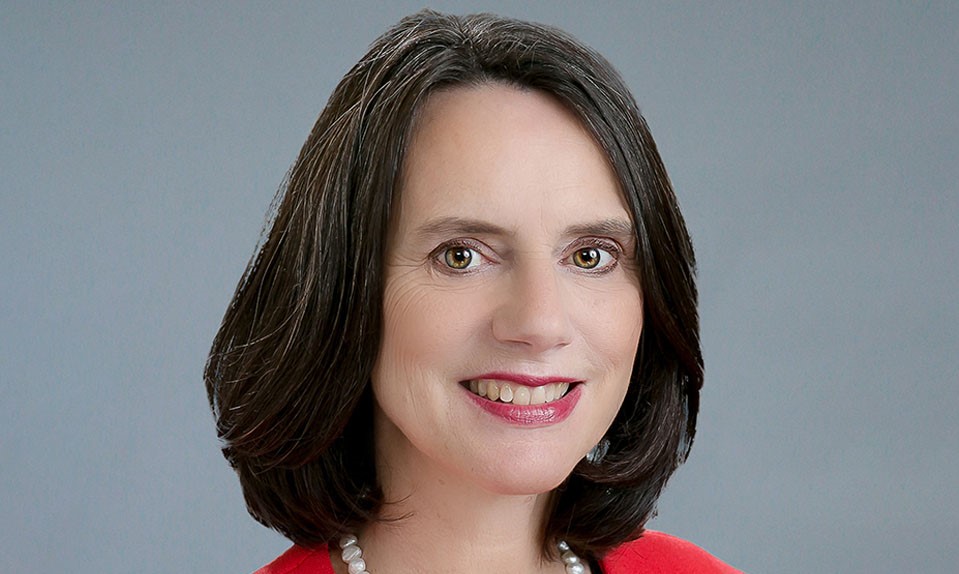
In 1988, fresh from grad school, Katherine McGrady started her career as an analyst for the Center for Naval Analyses, now called CNA — a storied nonprofit founded in 1942, that is dedicated to the safety of the nation.
She served at nearly every level of leadership and was even deployed to war zones in Desert Storm — before becoming CEO in 2015. Shortly after, she joined Vistage.
“Immediately, I discovered that almost every CEO faces the same challenges — and learning how they solve them is invaluable to me,” she says. “Also, there’s accountability. As CEO you don’t want to do certain things, but when you have the support of your peers, you’re more motivated to do the hard stuff— like shaping your executive team to achieve your vision.
Since McGrady took over as CEO, CNA’s funding and revenue have grown, the kind of work they take on has expanded, and she says she has become a better leader who is able to have a positive impact on others.
“I want to tell other CEOs that they don’t know what they’re missing by NOT investing in Vistage. As a member, you address your problems head-on with help from a team of CEOs — which saves you so much time and energy in the long run.”
Stephen Broomes, Founder & CEO of Accolade Consultants

After 23 years as an internal medicine doctor, Stephen Broomes wanted a different kind of challenge. Combining his medical industry knowledge with his love for technology, Dr. Broomes founded Accolade Consultants in 2013, an outsourcing company focused on medical services and IT solutions.
Founding Accolade pushed Dr. Broomes out of his comfort zone and into action. “Initially, I experienced some ‘imposter syndrome’ — unsure if I had the right stuff to lead a company. I joined Vistage in 2019 to build up my confidence and knowledge as a business leader, as well as to get feedback,” he says.
“I immediately benefited from having a group of peers sharing honest input and validating ideas. Also, I have a very supportive, seasoned mentor who shares resources and helps me gain clarity.”
Since joining Vistage, Dr. Broomes says business has grown significantly — up 30% with nearly double the staff. “Beyond the numbers, though, I’m also a better leader. I’ve learned to connect with others, learn what my limitations are, recognize my staff’s accomplishments, and make sure they feel supported.”
Dr. Broomes says he’s also learned how to structure his business and implement new processes. We now have a 10-year vision and a solid plan for achieving it — $10M in net profit with 2,000 employees. Our core team is in place, and I believe we’ll get there.”
Joseph Kenner, CEO of Greyston
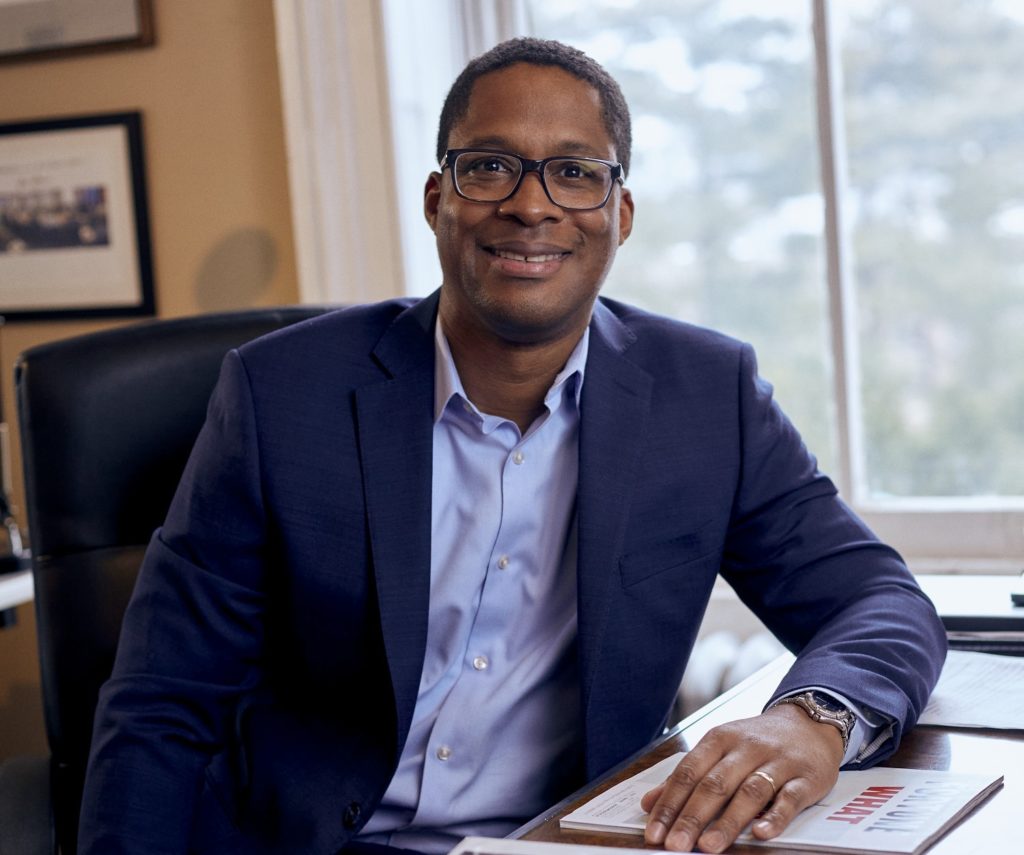
As the pandemic was shutting down businesses in 2020, Joseph Kenner took the reins as CEO of Greyston, a nonprofit dedicated to inclusive hiring.
The first big task? Change the mission statement to reflect the purpose of the foundation and the bakery they were running.
“We distilled it to our reason for being: ‘To unlock human potential through inclusive employment, one person at a time — meaning no interviews, no background checks, and no resume required to get a job,’” Kenner says. “From there we needed to transition out programs that didn’t reflect our core. For that, we needed a new team.”
Kenner joined Vistage around the same time he became CEO, and the experience has been invaluable.
“I have access to like-minded leaders who want to grow, a Chair who challenges me to plan long-term and speakers who stimulate my thinking.”
With Greyston’s bakery serving as the incubator for inclusive employment, production ramped up to nearly 12 million pounds of brownies. Staff has also grown and the foundation is now more keenly focused on helping global companies like The Body Shop, Bonduelle and others find the same success as the bakery has through Open Hiring®.
Now with a sharpened organizational focus, Joe is confident Greyston will meet its next peak: Climbing from over 3,000 to 40,000 open-hire jobs offered through the organization and its Open Hiring® replication partners by 2030.
Landon Hobson, CEO of Cosmos
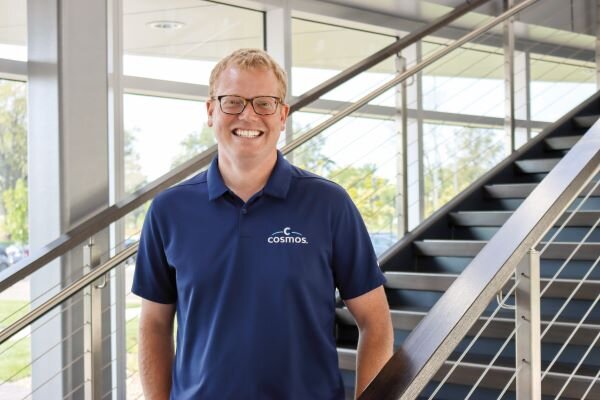
In 2018, Landon Hobson’s in-laws asked him to help take their third-generation pet products business to the next level.
“I was 31 and had degrees in public administration, international economics and theology. I had leadership experience, but I never thought about running a business.
Someone told me about Vistage and I was sold. Having other CEOs in the same room providing honest input was invaluable. They have no motivation other than for us all to succeed. We’re in different industries but face the same challenges. I also have a mentor who helps me clarify issues, and I learn from speakers who present the most relevant business topics.
All of this helped me get my bearings as a business leader. It’s helped us think through how we wanted to build a leadership team, create a more aligned organization, and improve how we handle budgeting and accounting. We immediately started implementing changes, and we grew faster.
I discovered that I love working with teams and leading people. Over the last four years, we’ve doubled revenue and increased our headcount from 110 to 210. We’ve introduced five product lines and have grown our e-commerce business significantly. But I am most proud of the fact we’re a values-based company and have created a culture of servant leadership — one in which we put others’ needs before our own.”
Lyndie Hill, CEO of Hoodoo Adventures

With a passion for the outdoors, Lyndie Hill set out to see the world after high school — adventuring through many countries before settling in New Zealand. She returned to British Columbia seven years later, on a mission to showcase the hometown she grew up in as a major adventure destination. In 2007, she founded Hoodoo Adventure Co., and over the next 10 years grew it to become the largest of its kind in the Okanagan. But when floods and fires destroyed their peak season, she had to re-envision it.
“After a Vistage CEO peer advisory group hired us for a corporate event in 2019, I was inspired to join Vistage myself. Immediately, I was connected with vital resources and just the kind of sounding board I needed,” she says. “The feedback from my peer CEOs, helpfulness of my Chair, insights from the speakers — and overall accountability — help make me a better leader.
Robby Shaul, President of PMMC
When PMMC President Robby Shaul joined his father’s healthcare financial software and consulting firm, he knew he wanted to take the business to the next level. Like his father did years before, he joined a Vistage CEO Peer advisory group and suddenly had a whole team of peers and an executive mentor to lean into for guidance, questions, input and advice.
“That,” he says, “is invaluable.” “It’s a structured process that really makes you think through your own issues and holds you accountable. And you have someone giving you advice because it’s the best thing for you — not because they have something invested in it.” Shaul says Vistage also helps him take a step back from micromanaging.
“If I’m doing the job myself, I’m really stunting our growth. Vistage helps meet priorities. It helps me step back, look at my business, and say, okay, what is the most important thing I need to focus on today? It’s been critical for us in terms of evolving the way we think and how we address our business. It’s really been instrumental to our growth and I’m not sure we’d be without it.”
Ed Campbell, President of Rose Paving
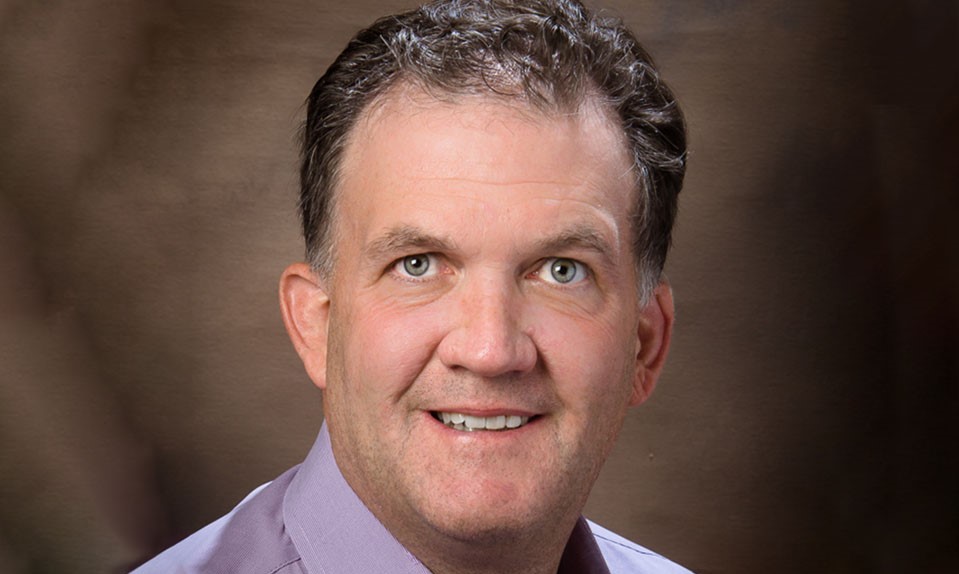
Growing up, Ed Campbell knew he wanted to be in a position of leadership, but never thought he’d be running a company— let alone the nation’s largest parking lot management and paving service provider. Thankfully he had a great mentor and hired a strong CFO with a solid background in financials, sales and operations.
Since becoming president of Rose Paving in 2007, he has focused on building a business that is marketable, sustainable — and sellable. “You’ve got to be planning your exit from day one,” he says.
That mindset has served Rose Paving well, helping it expand to all 50 states and Canada, grow in revenue and staff, and broaden its service offerings. With the backing and support of a new private equity company as of November 2022, the company “is north of $225M in revenue and looking to double that number.”
A Vistage member since he became president, Ed leaned into his group to vet his ideas and plans. “Through the speakers, my Chair, other members… every idea that I have is questioned, does it make sense for the potential sale? Any new product, new market, or budget constraints are always challenged and thought through. It’s all about building the business for an exit.
Ed’s next big peak? “Acquisitions — buying paving operations in major markets across the country while growing organically to double the business,” he says.
Jeff Berding, Co-Founder FC Cincinnati
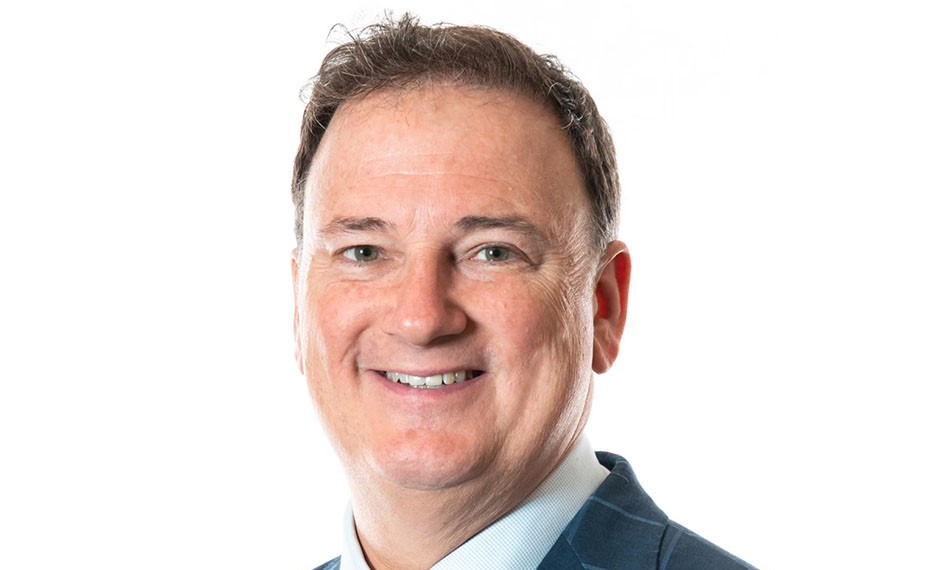
A fifth-generation Cincinnatian, Jeff Berding always wanted to make a positive impact on the city he calls home. He served as a city council member while a top executive for the NFL’s Cincinnati Bengals for 19 years. By 2015 he took a brave step onto new turf as co-founder of FC Cincinnati, a professional soccer team.
Today, with its winning record and world-class stadium, the team is a phenomenon that has become the benchmark for organic growth and community-driven sports. It also has put Berding’s beloved city in the global limelight.
“I’m a big believer that you are growing or dying. We grew rapidly and needed to scale in a smart way,” says Berding, who also serves as President of FCC Holdings. So in January 2021, he joined a Vistage CEO peer advisory group.
“When we started the team, it was like we were ascending Mount Everest in record time. It was a brutal climb. I was prodding my people to reach higher. Some couldn’t handle it. Others were lost along the way. I had to catch my breath and ask myself what was required of me now. I joined Vistage because I wanted to be better prepared to manage future rapid growth without the team burning out.
“Today I’m making better decisions that are aligned with unified core values for both sides of the business — enterprise and sporting. We now have the right people in all the right seats. My Vistage group has helped me think through many strategic requirements … and maybe, most importantly, I feel less alone because they share their own challenges. We’re all helping each other be better.
For Berding there’s always a new peak on the horizon. Next up: “Mixed-use development, including a new luxury hotel!”
Ryan Hogan, CEO of Hunt A Killer
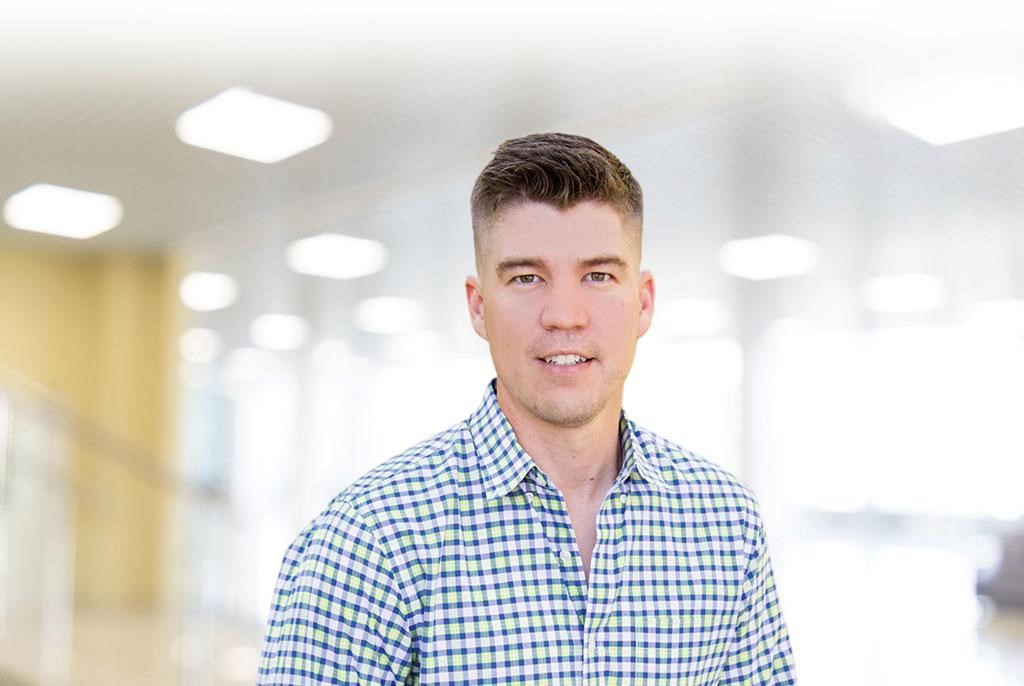
Ryan Hogan is the CEO and co-founder of Hunt A Killer, an immservice game subscription where people play detectives in a mystery story. Each month, subscribers receive a red-and-black box with clues, ciphers and documents for investigating a case. The stories change frequently, with six episodes in every “season,” and shift between the genres of horror, sci-fi and mystery.
He has used storytelling to grow revenues at his company from $132,000 in 2016 to more than $27 million in 2019. In 2021, revenues are on track to exceed $50 million.
Hogan is quick to point out that his business growth didn’t come easy. Co-founder Derrick Smith shipped the first batch of 1,500 mystery boxes out of his basement in Baltimore, Maryland, and used a local printer to produce the content. “We didn’t start off doing things amazingly. We listened to our customers, and iterated the experience,” says Smith.
Hogan’s long-term vision for Hunt A Killer drives the necessary changes he needed to make in his business to ensure his company’s success: “At the end of the day, we’re not an event company, a subscription box company or a retail company,” he says. “We’re an organization that wants to bring the world together through immersive experiences.
Hogan’s CEO tips on expanding your company:
- Listen to your customers
- Iterate their feedback and grow with their needs
- Prioritize authenticity in your products
- Keep your customers engaged by giving them a community
Mike Rydin, Founder & CEO of HCSS
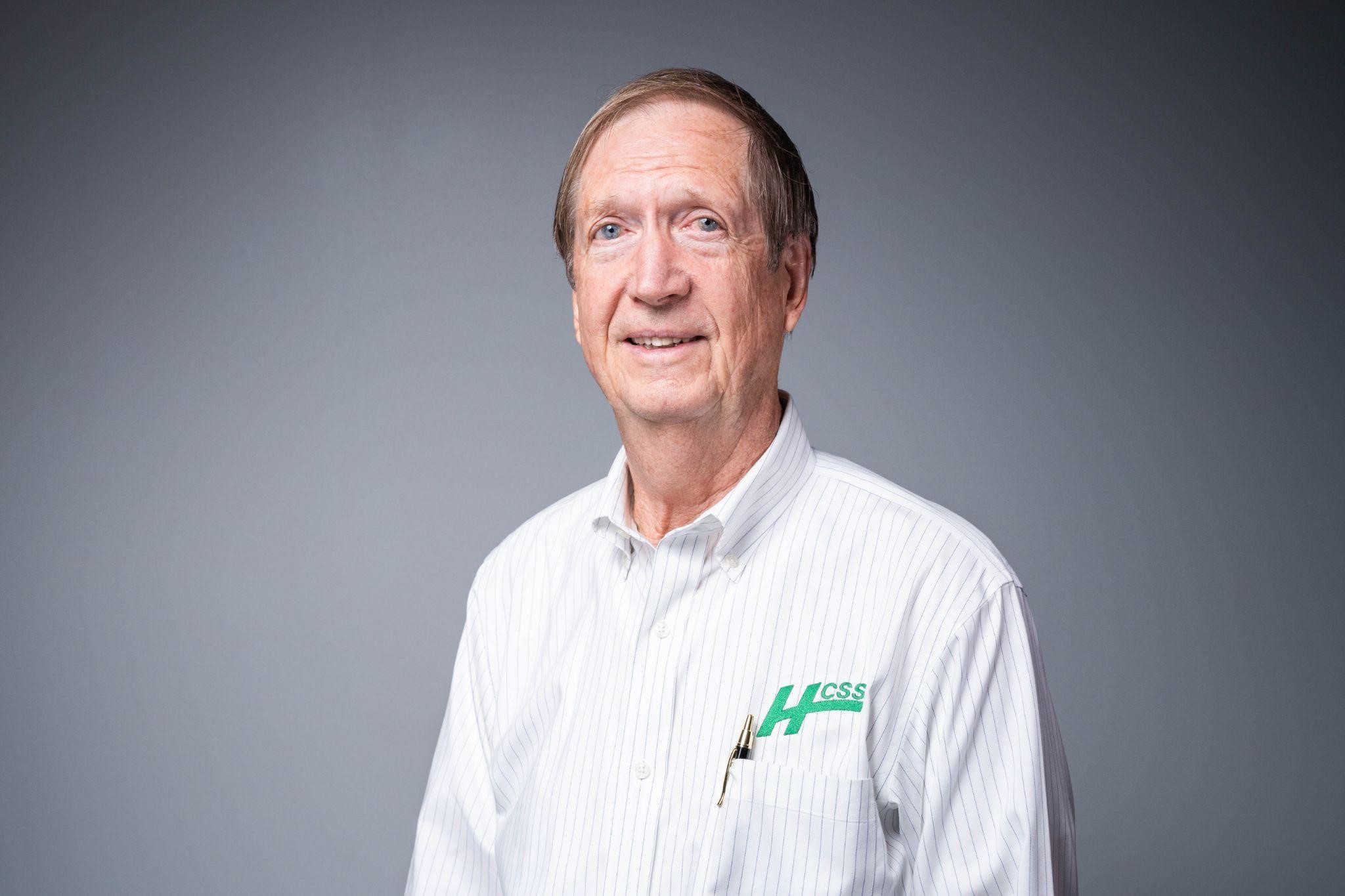
In 1986, with no business education “or ever having read a business book,” Mike Rydin founded a software company for the construction industry out of his bedroom in Sugarland, Texas. Total revenue for that first year was $8,000.
After 10 years of running HCSS, Rydin built the company to a dozen employees and $1 million in revenue. Still, he found himself stymied — with every staff member coming to him for everything all of the time. “I was up to my eyeballs, constantly working out the day-to-day problems of the business,” he says.
It was at that point in 1996, he knew he had to get out of the weeds and start delegating in order to scale. That’s when Rydin joined Vistage. From then on, he says, he was immersed in business information, books and ideas from speakers across the country.
“I was getting thoughts from everywhere on how to run a business, which gave me an amazing amount of knowledge to apply to any problem that arose. I was also getting a lot of help from my Chairs — I’ve had three since I became a member 25 years ago — and from my fellow Vistage members. I’ve learned from everyone. It turns out most of us have the same kinds of problems.”
Today, with 400 full-time employees and about 4,000 contractors across North America, many of whom are heavy highway infrastructure professionals, HCSS plays a critical role in helping to build the backbone of this country. Occupying a huge campus with three buildings, the company surpassed $100 million in annual revenue in 2020 and continues to grow, expand and thrive.
“The fact that during the first 10 years we went from $10,000 to $1 million— and in the next 15 or 20 years we went from $1 million to $100 million — I’m absolutely certain that we couldn’t have done all the clever things we did, or have grown to that size, without Vistage,” says Rydin.
Mike’s CEO tips on running a fast-growing business:
- Build a team of leaders to work as the backbone of your company as it grows
- Let yourself learn from other leaders, CEOs, businesses, and challenges
- Delegate work orders to other tiers of employees
- Allow managers to handle day-to-day problems
Shaun Castillo, President of Preferred Technologies
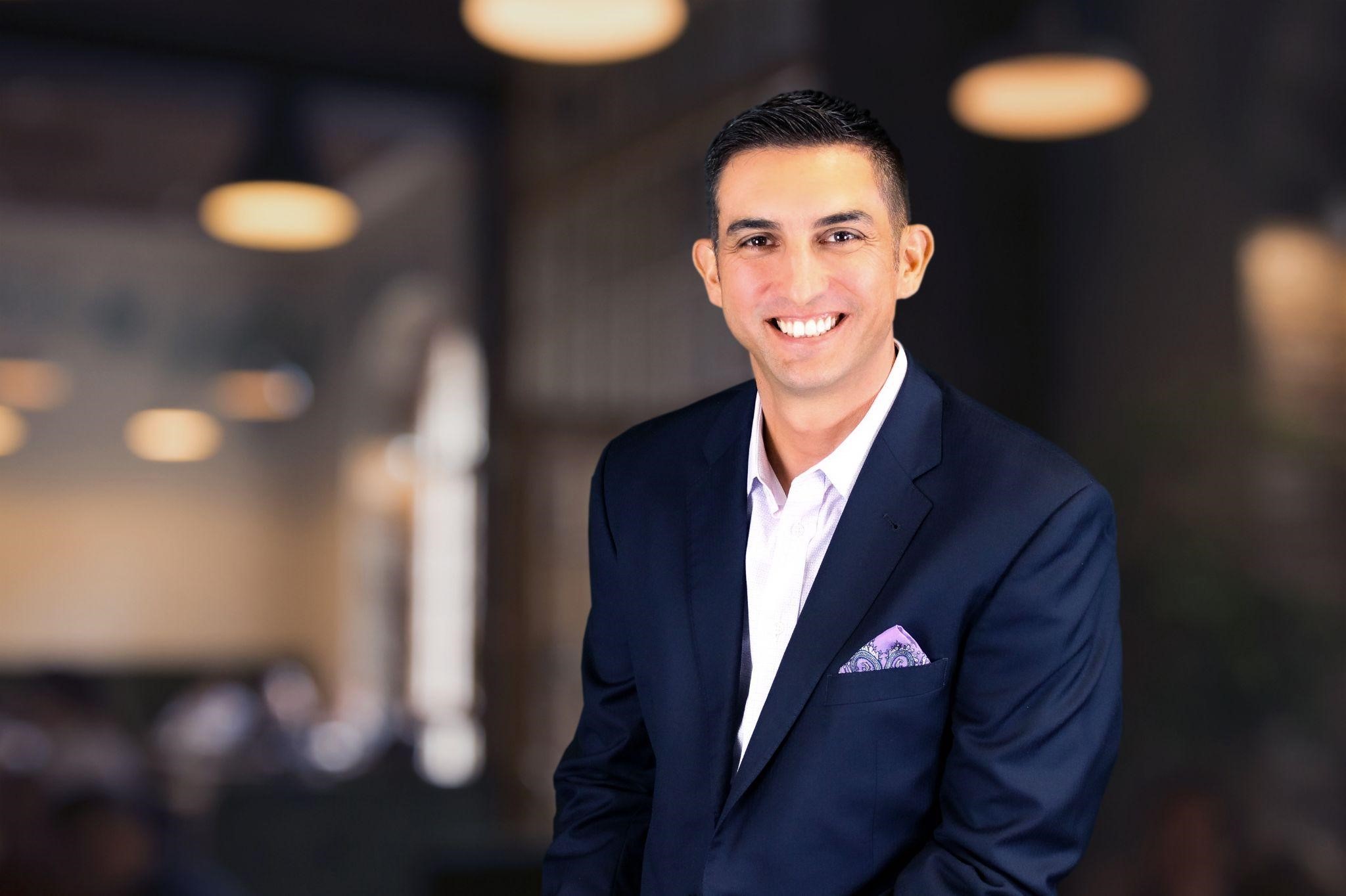
A West Point graduate, Shaun Castillo exited the Army in 2005 with no formal business education but with a strong desire to start a company with his dad, an entrepreneur.
They founded Preferred Technologies, a security integration company. “My dad started out as president while I was running operations. After a few years he graciously stepped back so I could take the reins,” says Castillo.
“By 2015, the business was solvent and with sizeable revenue, but wasn’t making profit. I was still figuring things out and making financial mistakes when I received an email from Vistage Chair, Ken Proctor. The email struck me the right way, so I agreed to meet with him.”
Shaun said that after just a few meetings and one-on-one coaching sessions, he realized he had been making bad business decisions. ”I was struggling to figure out how the heck our company was going to make money. The group helped illuminate key obstacles that were getting in my way.”
He largely credits his turn for success to his interaction with his group members and Chair. Castillo says he had “instant trust” with his group of peers and learned how to openly discuss his weaknesses and ask for help. “We put everything on the table — our business problems, personal issues, kids — whatever comes up. I do ‘life’ with this group, and the experience has fundamentally changed who I am and how I lead the company.”
Shaun’s advice on overcoming poor financial decisions:
- Analyze financial information from comparative companies
- Price your products based on value
- Build a budget – and stick to it!
- Transition from a historical financial view to a forecast view
- Leverage your debt
Darren James, President of KAI Enterprises
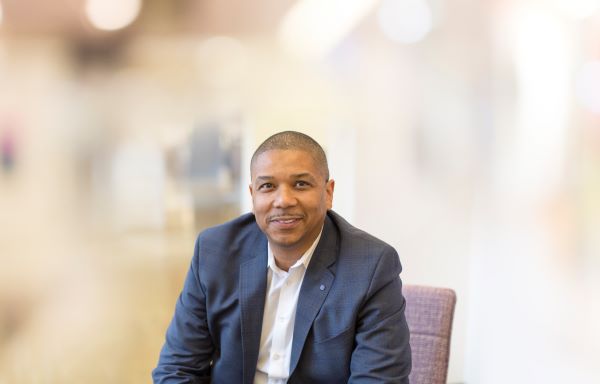
Darren James wanted a way to meld his work as an architect and civic leader toward impacting undeserved communities.
When you look at Darren James’ career, it’s hard to tell where his work as a professional architect ends and his work as a civic leader begins.
“It was never the plan, but they’re so intertwined,” says James. “A lot of the work I do is truly going to transform Dallas for the better, and it overlaps what I do on a daily basis. I joke from time to time that KAI is my night job.”
To clarify, James is president of KAI Enterprises, an integrated architectural, engineering and construction services firm. But he also sits on several boards in the Dallas-Fort Worth area, affecting civic change that’s as substantial as erecting new buildings.
Most notably, James is chair of the Dallas Black Chamber of Commerce — the oldest continually operated Black chamber in the United States — and board president of Fair Park
First, a revitalization committee overseeing the restoration and management of Fair Park, home to both the State Fair of Texas and a history of racial animus. Taking on such roles is hardly the path of least resistance, but James says they’ve led to high rewards. “I’ve been able to take my experiences and grow my business and open some doors at KAI,” he says. “But I also have a responsibility to take the information I have and share that with others so that they have similar opportunities.”
James has learned a few tricks to manage his responsibilities, from being aware of his energy levels to delegating and taking time off to recharge. He’s also found a resource in his Vistage Chair, Becky Powell Schwartz, who helps clarify issues with James on both forand nonprofit challenges.
The chamber has seen a huge uptick in membership this year, the Dallas City Council approved the board’s master plan for Fair Park and KAI is expanding its operations. All of which means James is ready for his next “day job.”
“It goes back to why I wanted to be an architect,” he says. “The community can and should be better, and if I’m not going to do it, who is? I want to be part of the solution.”
CEO Tips from Becky Powell-Schwartz, Darren’s Chair
- Listen with an open mind and be OK with discomfort. Darren listens to all sides and, given the institutions, he deals with a lot of discomfort. But that helps him get to a win-win solution for all.
- Create a culture of trust. Darren is great at building teams he can delegate to. He leverages his time and talents toward developing and mentoring teams that can work independently.
- Walk your talk. A lot of people give you lip service. Not Darren. He doesn’t just say it, he does it.
Vassar Byrd, CEO of Rose Villa Inc.
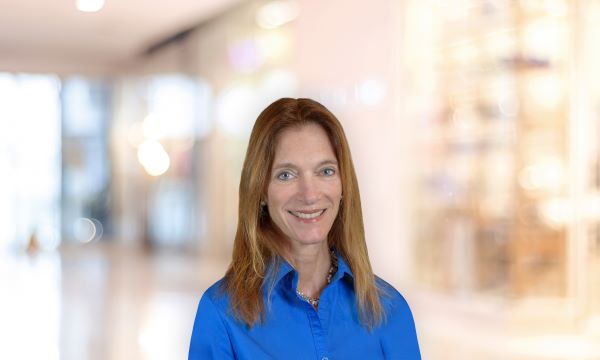
Vassar was an economist with a master’s degree from the London School of Economics who felt like she could do more. After complaining about horrific conditions in an elder living facility where she volunteered, a friend challenged her to do something about it.
That’s when she decided to create a community that was different than anything she had seen. In 2006, she became CEO of Rose Villa, a dilapidated community with no infrastructure development and few computers. When Vassar joined Vistage in 2010, they had a vision of what it could be — and needed $70M to get there. While she couldn’t be fully transparent with her direct reports at the time, she could share her journey with her Vistage peers. They helped her think through decisions, vet ideas, and gain her footing. The group and Vistage Chair supported her every step of the way.
Today Rose Villa is a nationally known, state-of-the-art community with several net-zero energy neighborhoods and in the final phase of a $166M expansion. Vassar’s staff is fully empowered, allowing her to focus on the big vision — to grow and evolve.
Michael B. Russell, CEO of H.J. Russell & Company
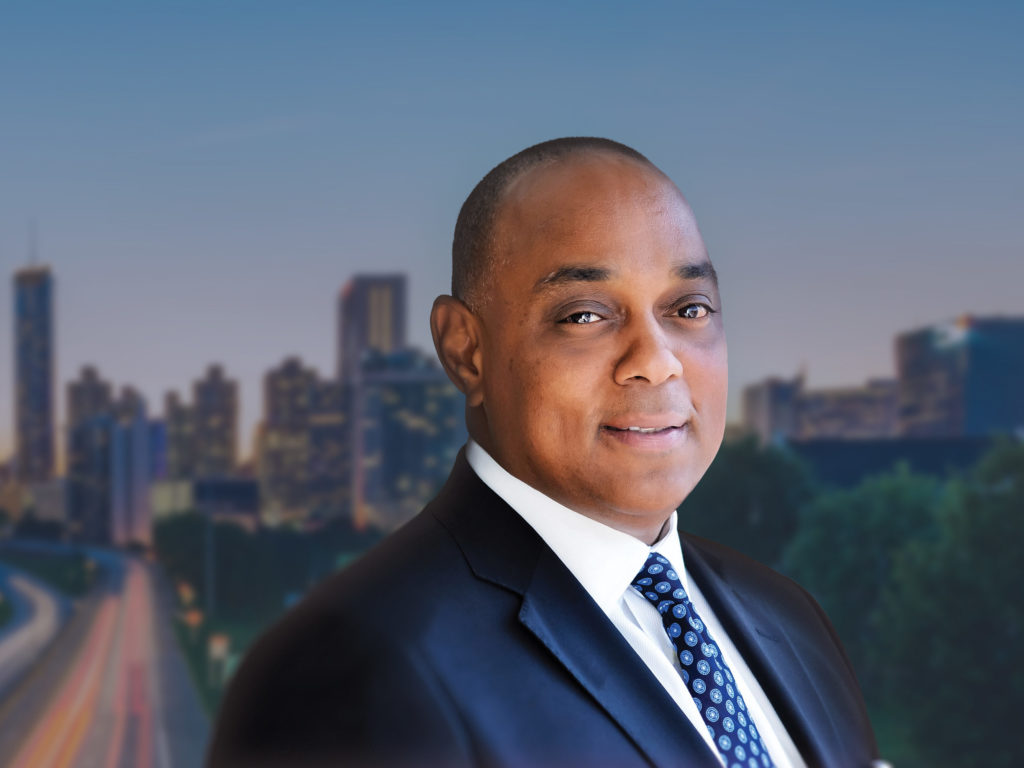
In 2003, Michael B. Russell became CEO of the Atlanta-based H. J. Russell & Company (Russell). His father, Herman J. Russell, had started the firm 50 years earlier as a plastering business and built it into the nation’s largest African American-owned construction-services company.
Under the elder Russell’s leadership, the firm had defined the Atlanta skyline, building iconic structures including Atlanta’s Olympic Stadium, Hartsfield-Jackson Atlanta International Airport, the Coca-Cola Headquarters, and the Georgia World Congress Center.
The company was also a longtime pillar of the civil rights movement, both financially and otherwise. In the 1960s, Dr. Martin Luther King, Jr. would regularly hold meetings with other civil rights leaders at the Russell family home.
Over the next decade, Michael worked with his family to expand their operations into Texas, North Carolina and Alabama. The company built the University of North Carolina-Charlotte’s 49ers Football Complex, renovated terminals at Dallas/Fort Worth International Airport, and completed the National Center for Bioethics at Tuskegee University.
Michael didn’t forget his roots: The company helped construct Mercedes-Benz Stadium, home to the NFL’s Atlanta Falcons.
Then Michael got a call that would add to the company’s civil rights legacy: Help build the Smithsonian’s National Museum of African American History and Culture in Washington D.C. Russell was selected as the project’s construction management at-risk firm, monitoring the buildout of the 400,000-square-foot facility, 60% of which is below ground. When the museum broke ground in February 2012, the company supervised the 70-foot excavation needed for the building and made sure it wouldn’t destroy an underground water table or destabilize nearby buildings like, say, the Washington Monument.
Michael joined Vistage in 2009 on a friend’s recommendation. It came during a time in Michael’s career when he needed a better sounding board to deal with internal company issues. “I felt that I was on an island trying to make decisions by myself,” he says.
Michael’s Vistage group in Atlanta has helped him overhaul his hiring practices so that he brings in executives who are the right fit for the company. Specifically, he hired an industrial psychologist to make sure the work style of new hires meshed with their colleagues and the company overall.
Michael has also taken to heart the statistics surrounding family businesses, knowing that second-generation businesses only have a 30% success rate — and third-generation businesses even less. For Michael, G3 is about ensuring the long-term success of his company and family.
“Some of what we do today doesn’t necessarily mean that we need to do the same thing tomorrow,” says Russell, who was recently named to the Atlanta Business Chronicle’s “Power 100,” which highlights the city’s most influential residents, and was named as one of 28 CEOs to watch by Family Business Magazine in October 2021. “We’re trying to keep as entrepreneurial as we can, which allows people to leverage what we do today into possibly something different tomorrow.”
JC Maldonado, CEO of BizGro Partners
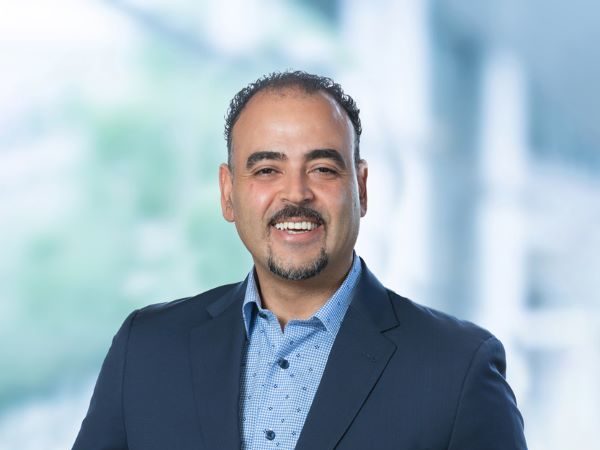
JC Maldonado wasn’t raised in a family of entrepreneurs. By the time he was in college, he knew he wanted to run a business. Luckily, Fordham University had evening classes, so, while pursuing a law degree by night, he founded a mergers and acquisition company by day. That was in 2000 and, with the exception of the Great Recession, he’s been able to grow the business year-over-year into the company he leads now.
After the recession, Maldonado and his partner reinvented the company and established a whole other niche. They decided to focus on an underserved market by acquiring profitable small companies of a certain size in the B2B arena, essentially transforming BizGro into a large holding company that is a professional acquirer. It was a smart move, and they began growing exponentially. They also have continued to grow throughout the pandemic, buying companies that were essential and thriving.
Today BizGro Partners is at $240M in annual revenue with 1,200+ employees and a market value upwards of $350M. Maldonado joined Vistage in 2019 because he wanted to be around other entrepreneurs, partner with them and learn from them. He’s now surrounded by positive, forward-thinking people who want to grow, too. His Chair, the diversity of speakers, resources, the group dynamic — all bring value to his thought process.
One thing that’s changed since Maldonado joined Vistage is his mindset about being an entrepreneur. He now approaches it as a lifestyle. New challenges are going to pop up every single day and if you emotionally react you’re going to burn out. You have to allocate your energy properly. There’s a difference between a problem and a disaster. You can’t treat every problem like a disaster; you’ve got to keep things in perspective.
Maldonado had big aspirations when he started out, so he still considers his business to be a work-in-progress. There’s lots of room for growth, but he’s very happy with how far he has come.
Top CEO Tips from JC Moldonado:
- Focus on the solution, not the problem.
- Manage consistent incremental growth, year over year.
- Know that new challenges are going to pop up every day. Embrace them and allocate your energy properly.
Braydan Shaw, 6th Generation Owner of Burns 1876
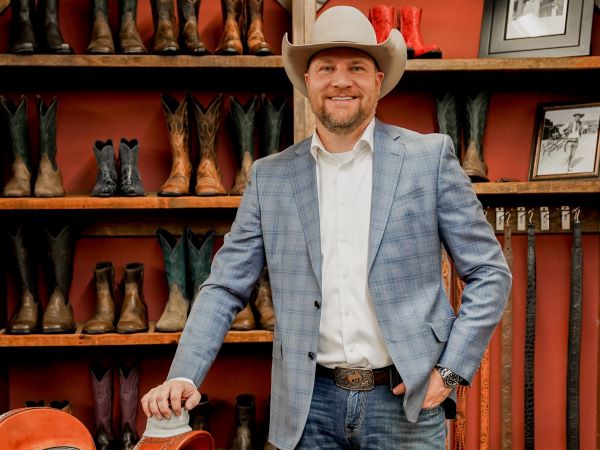
Hear Braydan tell his story on ‘A Life of Climb’ podcast
Braydan Shaw is the 6th generation owner and president of Burns 1876, a 146-year-old western retail and manufacturing company — the longest-running family-owned business in the industry. With all that responsibility comes some unique challenges and Shaw is not about to let anything slip on his watch.
Braydan says his focus is “always on making sure the business will endure many generations into the future. That means we’re committed to slow and steady growth, and refrain from risky decisions.”
Yet, at the same time, he explains, the business has survived and thrived because his predecessors were able to quickly adapt to the changing times. “When the automobile threatened our equine product line back in the 1930s, my great-grandfather created and patented a collapsible storage pouch that was attached behind the seat. My grandmother gained momentum in that lane by inventing saddle blanket seat covers.”
In a family business like his, Braydan points out that it’s easy to have blinders on and to continue doing things the way they’ve always been done — which is one of the reasons he joined Vistage.
“Being part of a diverse group of peers has opened my eyes to different practices and perspectives. There’s also all the resources, webinars and speakers that spark great ideas that I take back to my team to implement. But I think what I’ve come to value most is the opportunity to think through any issue that comes up with a whole group of peers who I trust and respect. That aspect alone is worth the price of membership.”
Braydan says he comes from a family who was called by the spirit of West — cowboys who kept moving forward, looking for a better life. “They endured great hardships and never sat on their laurels. They were striving to be better every day and set up the next generation for success. I am, too.”
Braydan’s strategy for running a long-time family-owned business:
- Always stay focused on the long-game — setting future generations up for success.
- Commit to slow and steady growth.
- Refrain from risky decisions.
- Take off your blinders— the way things have always been done— and try on different perspectives.
Caryn G. Mathes, President and General Manager of Puget Sound Public Radio KUOW
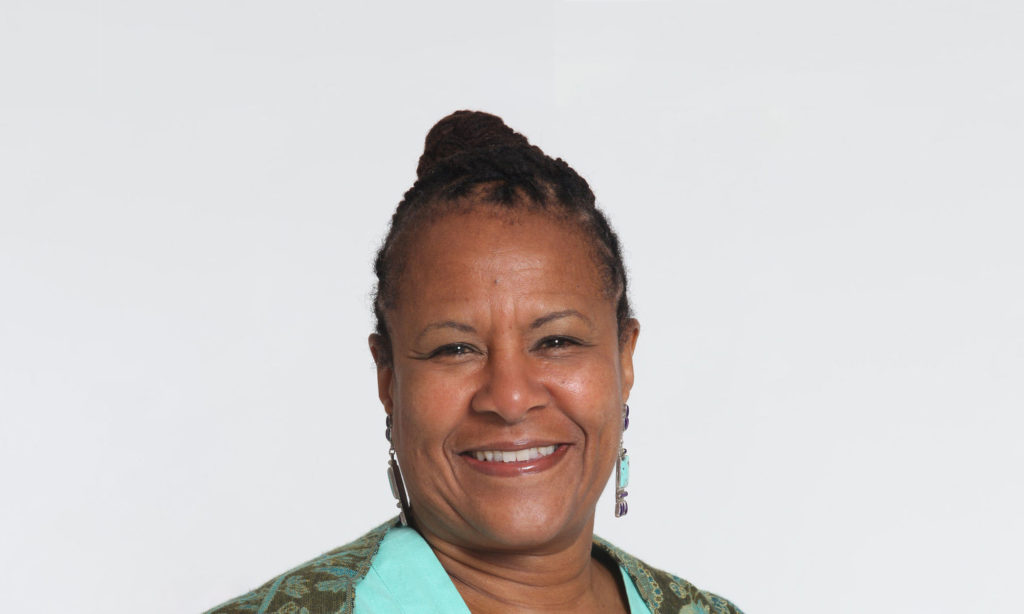
As a kid, I aspired to be a print journalist. By age 14, I had a byline in the youth section of our local daily paper. In college, I leveraged that experience into a TV news writing job, which ultimately led to being a weeknight TV anchor at age 19. From there I went into commercial radio; the skills and contacts I gained positioned me for a news director job at an NPR station. I took an opportunity to be general manager at that station and now have been the CEO at three NPR affiliates.
While directing the change and growth of an organization is exciting and fulfilling, it can also be isolating, draining and demoralizing. About a year into my tenure in Seattle, I met a very dynamic female CEO of a mission-driven nonprofit and she piqued my interest about Vistage and even introduced me to her Vistage Chair.
That was in 2015. Since then, my Vistage experience has impacted me tremendously. As members, we are encouraged to work on our businesses and organizations and avoid submersion in them. The support and guidance through Vistage helped me build and nurture fantastic teams leading to the growth and transformation of my organization. In my 7-year tenure we’ve had net growth of 55 new staff members, doubled the annual revenue to $22 million and expanded the reach and impact of our content. I give Vistage credit for helping me stay focused, try new approaches, safeguard my own health and well-being and that of my teams — and avoid discouragement and despair.
But the greatest benefit has been the gift of perspective — the ability to pull back and look at a situation from different angles. When I am in the fray of the day-to-day, I can be consumed. My Vistage meetings provide a safe space where you can say anything, explore any issue and have the full support and counsel of your peers. The meetings give me additional perspective, tools, leadership learnings and experience by proxy that amplify my own. The monthly group gatherings, expert speakers and coaching time with my Vistage Chair allow me to take a deep breath when I’m in the midst of a challenge and look at it with new eyes.
Mathes leads to:
- Enhance KUOW’s relevance and resonance through high-quality, innovative journalism
- Involve the community in setting the editorial agenda
- Rebuild KUOW’s digital, mobile and on-demand modalities to capture new audience and raise KUOW’s value proposition with a changing demographic
- Secure KUOW’s future in the highly disrupted and disintermediated news arena through mature marketing and fundraising practices, and
- Recruit/retain/grow media’s “best and brightest” with an emphasis on racial equity and inclusion
Start living your life of climb
This leadership path has been traveled by 100,000+ top-performing business leaders for more than 60 years. It requires a daily climb, constant rigor and a commitment to growth. But the journey is well worth the effort, for it will bring you to peaks you never thought possible.
These executives have grown their businesses to new levels by prioritizing leadership and strategy. Enhance your own leadership by leveraging their tips and applying their perspectives to your own challenges.
Related Content
What is the Climb?
Vistage Perspectives Magazine featuring Ryan Hogan
Leadership lessons from five outstanding women in business
Category : Leadership
Tags: leadership development
